
Home
Publications
Publications
Showing 0 to 0 of 0 results
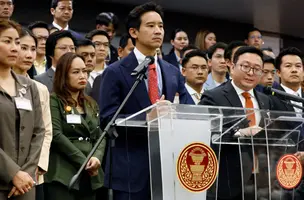
Reports
2024-04-25T11:28:52
New report shows Southeast Asian parliamentarians remain at risk despite democratic trappings
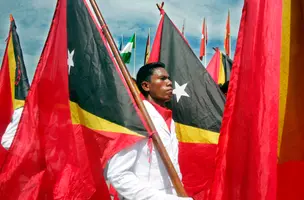
Reports
2024-03-28T15:29:12
Fact-Finding Mission: Assessing The State of Internet Freedom to Ensure More Inclusive Democracy
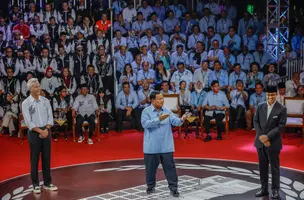
Reports
2024-03-28T15:26:49
Fact-Finding Mission: Assessing Online Fundamental Freedoms during the 2024 General Elections in Indonesia

Reports
2024-03-28T15:23:04
Fact-Finding Mission: Impact of Online Disinformation in Elections and Democracy in the Philippines

Reports
2024-03-20T16:27:40
FACT-FINDING MISSION: Protecting Peace and Harmony in Multicultural Malaysia Following the 2022-2023 Election
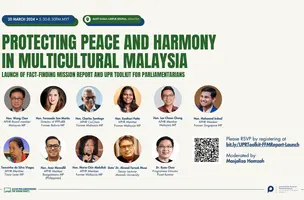
Events
2024-03-15T11:10:57
Protecting Peace and Harmony in Multicultural Malaysia: Launch of FFM Report and UPR Toolkit for Parliamentarians

Reports
2024-03-04T09:22:43
FACT-FINDING MISSION: Humanitarian Aid to the Thai-Myanmar Border
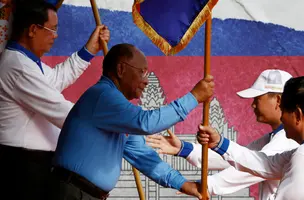
Reports
2023-12-20T17:43:16
New Face, Same Old System: Special Report on the Generational Transmission of Power in Cambodia
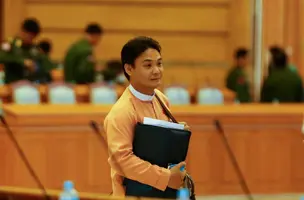
Reports
2023-03-04T11:56:51
New report denounces the worsening situation of Parliamentarians at risk in Southeast Asia
TOP
ASEAN Parliamentarians for Human Rights (APHR) was founded in June 2013 with the objective of promoting democracy and human rights across Southeast Asia. Our founding members include many of the region's most progressive Members of Parliament (MPs), with a proven track record of human rights advocacy work.
Copyright © 2024-2025 All Rights Reserved - ASEAN Parliamentarians for Human Rights (APHR)
Website by Bordermedia